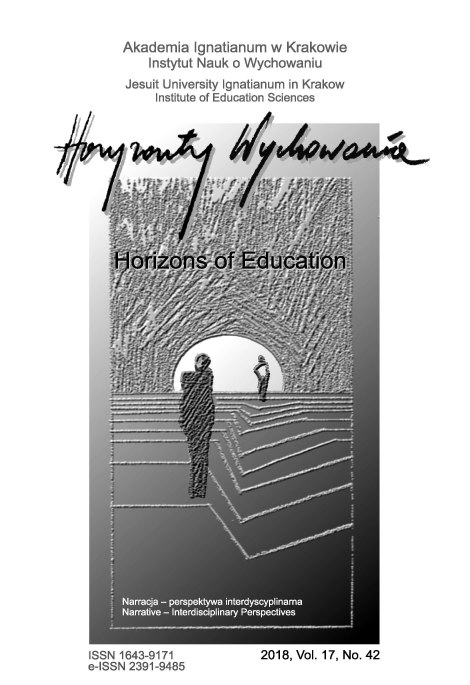Sharenting – współczesną formą rodzicielskiej narracji
Sharenting – a Contemporary Form of a Parental Narration
Author(s): Anna BłasiakSubject(s): Education, Media studies, ICT Information and Communications Technologies
Published by: Uniwersytet Ignatianum w Krakowie
Keywords: sharenting; narration; parenting;
Summary/Abstract: RESEARCH OBJECTIVE: The aim of the paper is to offer theoretical considerations on the phenomenon of sharenting, that is a contemporary trend in which parents post information about, photos of, and films with their children in social media. This kind of parental activity, which is a kind of a narration, calls for reflections on its nature, causes and consequences. THE RESEARCH PROBLEM AND METHODS: The research problem has been formulated the following way: what is the nature of sharenting and what are its consequences in the context of family upbringing? The research methods used include the analysis and synthesis of subject literature. THE PROCESS OF ARGUMENTATION: The paper presents the ideas referring to the changes in the ways in which parental roles are fulfilled in the context of the development of new media and a contemporary man’s need to tell himself and others about his life. Today many people share their parental experiences in social media. This type of a parental narration shapes a so called ‘digital profile’ of a child. ‘Things’ posted online usually remain there ‘forever’, begin to live their own life parents no longer can influence, and can be used against a child or his family. RESEARCH RESULTS: Sharenting is a common phenomenon. Contemporary parents create a specific story in virtual reality, which involves the life of the youngest generation, frequently with out being aware of the consequences it might lead to. CONSULSIONS, INNOVATIONS, AND RECOMENDATIONS: The analysis conducted reveals that it is necessary to provide parents with (media) education in the area of sharenting and its potential consequences for the functioning of their children now and in the future. It also indicates the need for further research in this area.
Journal: Horyzonty Wychowania
- Issue Year: 17/2018
- Issue No: 42
- Page Range: 125-134
- Page Count: 10
- Language: Polish

